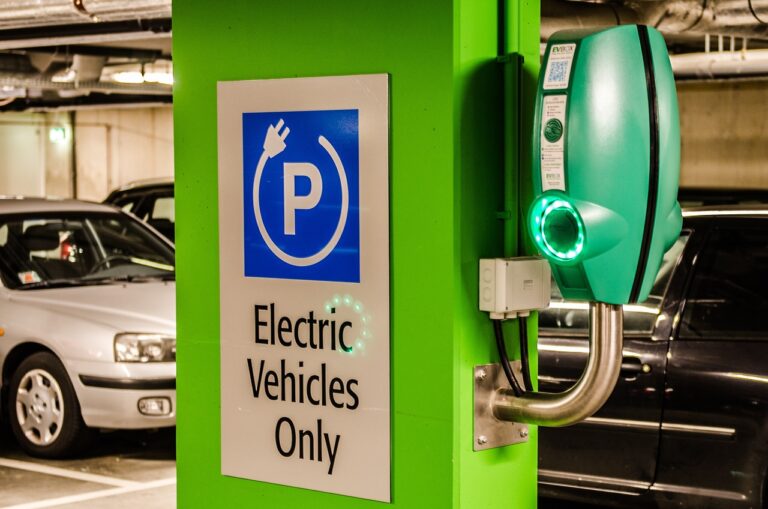Automotive Industry and Artificial Intelligence
In the rapidly advancing automotive sector, several key players are at the forefront of integrating AI technologies into vehicles. Companies like Tesla, known for their cutting-edge electric vehicles, have been incorporating AI to enhance features such as autonomous driving and predictive maintenance. Tesla’s use of AI algorithms enables their vehicles to continuously gather and analyze data to improve performance and safety on the road.
Another major player in AI integration within the automotive industry is Waymo, a subsidiary of Alphabet Inc. Waymo specializes in autonomous vehicles and has been conducting extensive research and testing to perfect their self-driving technology. Through the utilization of AI, Waymo aims to revolutionize transportation by creating safer, more efficient, and convenient means of travel for consumers around the world.
Tesla, a key player in AI integration in the automotive sector
Known for incorporating AI to enhance features such as autonomous driving and predictive maintenance
Utilizes AI algorithms to continuously gather and analyze data for improved performance and safety on the road
Waymo, a subsidiary of Alphabet Inc., is another major player in AI integration within the automotive industry
Specializes in autonomous vehicles and conducts extensive research and testing to perfect self-driving technology
Aims to revolutionize transportation by creating safer, more efficient, and convenient means of travel
AI Applications in Vehicle Safety Systems
Vehicle safety systems have come a long way with the integration of artificial intelligence (AI). AI technology plays a crucial role in enhancing safety features within vehicles by enabling advanced driver assistance systems (ADAS). These systems utilize AI algorithms to analyze real-time data from sensors and cameras, allowing the vehicle to detect potential dangers on the road and take preventive actions to avoid accidents.
One of the key applications of AI in vehicle safety systems is collision avoidance technology. Through AI-powered sensors and algorithms, vehicles can now detect obstacles or other vehicles in their vicinity and automatically apply brakes or steer away to prevent a collision. This proactive approach to safety has significantly reduced the number of accidents on the road and has contributed to making driving a much safer experience for both drivers and passengers.
Impact of AI on Autonomous Driving Technology
AI has been a game-changer in the development of autonomous driving technology. Through machine learning algorithms and deep neural networks, AI enables vehicles to perceive their surroundings, make real-time decisions, and navigate complex environments with precision. The integration of AI in autonomous vehicles has significantly enhanced safety on the roads by reducing human errors and improving reaction times.
One of the key benefits of AI in autonomous driving is its ability to continuously learn and adapt to different situations. By analyzing vast amounts of data from sensors, cameras, and radar systems, AI can predict and respond to potential hazards more efficiently than traditional human drivers. This adaptive capability of AI not only ensures safer transportation but also paves the way for the future of self-driving cars.
What are some examples of major players in AI integration in the automotive sector?
Some major players in AI integration in the automotive sector include companies like Tesla, Waymo, Audi, BMW, and Ford.
How is AI used in vehicle safety systems?
AI is used in vehicle safety systems to predict and prevent accidents by analyzing data from various sensors and cameras to identify potential risks on the road.
How does AI impact autonomous driving technology?
AI plays a crucial role in the development of autonomous driving technology by enabling vehicles to make real-time decisions, navigate complex environments, and adapt to changing road conditions.
What are some challenges associated with integrating AI into autonomous driving technology?
Some challenges include ensuring the reliability and accuracy of AI algorithms, addressing ethical and legal concerns, and overcoming technical limitations in sensor technology.
How can AI improve the efficiency and safety of autonomous vehicles?
AI can improve the efficiency and safety of autonomous vehicles by optimizing route planning, reducing human error, and enhancing the ability to respond to unpredictable situations on the road.







